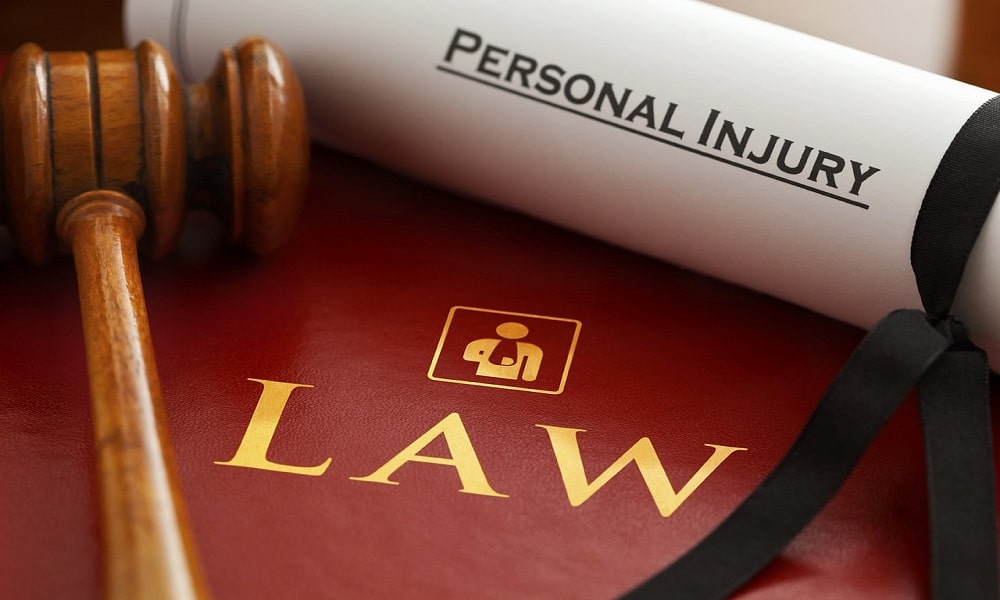Personal injuries can turn your life upside down, leaving you grappling with medical bills, lost wages, and emotional distress. Whether caused by car accidents, slip-and-fall accidents, or acts of negligence, the aftermath often feels overwhelming. If you or someone you love is facing these challenges in Lancaster, California, understanding your rights and potential compensation is essential. At every step of the legal journey, knowing where to turn for trustworthy advice can make a difference. For residents of Lancaster, seeking legal guidance through resources like kuzyklaw.com is a proactive way to protect your interests and secure a path to recovery.
Lancaster, located in the Antelope Valley, is known for its growing population, vibrant community, and expanding infrastructure. However, with growth comes an increase in accidents and personal injury cases, often stemming from the area’s busy roadways, bustling shopping centers, and active public spaces. When incidents happen, victims must navigate the complexities of calculating fair compensation. Understanding how economic losses, pain and suffering, and insurance policies factor into these claims is key to achieving justice. The following article explores the critical aspects of determining personal injury compensation, providing insights to help you take informed steps toward rebuilding your life.
Kinds of Harm
When it comes to personal injury cases, compensation usually consists of several kinds of payments to the victim involved in the incident. This may involve damages that compensate for economic losses, like medical expenses and income lost during recovery. On the other hand, there are also non-economic damages that address intangible losses such as emotional distress or pain and suffering. The goal of both types of damages is to help the victim return to the quality of life that they had before the incident took place.
Healthcare Costs
Healthcare expenses are a major part of the losses incurred in legal cases involving injuries suffered in accidents or negligence incidents. While determining compensation for the harm to individual health and well-being as a result of someone else’s actions or negligence, healthcare costs cover everything from immediate care in the ER to extended rehabilitation services over time. The court carefully reviews detailed medical records to determine these costs accurately and fairly in cases related to personal injury claims or lawsuits.
Income That Was Not Received
Injuries can cause people to miss work and lose income as a result of it. Hence, it is only fair to compensate them for both past and future lost earnings by considering factors like salary history and potential future earnings in courts in order to reach an appropriate amount of compensation. If the injury results in an impact on one’s ability to work, the calculation becomes more intricate, where experts might come into play to evaluate earning capacity by looking at career trajectory and industry norms.
Calculating Pain and Suffering
Valuing pain and suffering in legal terms poses a challenge as it involves carefully evaluating the impact of these intangible damages on an individual’s life. Courts typically employ techniques such as the multiplier method or the per diem approach to determine compensation for economic damages. The multiplier method entails calculating all medical and economic damages and multiplying it by a factor ranging from 1.5 to 5. The per-diem method, on the other hand, assigns a per-day amount of compensation, which is then multiplied by the number of days.
Policy Restrictions on Insurance Coverage
The compensation you receive can be influenced by the limits of your insurance policy, as insurers usually establish specific payouts for specific claim types. To ensure fair compensation and prevent insurers from reducing payouts during negotiations, it is important to have a good grasp of the policy specifics and how they relate to your case.
Expert Witness Statement
Expert witnesses often have an impact on determining compensation amounts in legal proceedings. Professionals from fields such as medicine, economics, and vocational rehabilitation offer expert perspectives on the impact of injuries. Their evaluations help build trust in claims for both emotional and tangible losses. Courts often depend on these experts to explain details in a precise manner, assisting in the fair evaluation of compensation amounts.
Settlement vs. Trial
Compensation can be decided either through reaching an agreement or going to court for a trial process. “Settlements” happen when both sides come to a decision outside the courtroom, usually leading to faster resolutions. On the other hand, “trials” involve presenting the case in front of a judge or jury for a decision. Although settlements provide certainty, trials have the potential for greater compensation, with increased risk and time involved. Knowing about these choices can aid individuals in making informed decisions on how to proceed with their claims.
Legal Counsel
Handling personal injury cases without a lawyer can feel overwhelming for individuals. Lawyers who specialize in personal injury law provide knowledge in determining compensation. They put in effort to collect evidence and engage in negotiations with insurance firms to advocate for their clients effectively. Choosing an attorney can substantially improve the chances of obtaining fair compensation.
In Summary
Determining the appropriate amount of compensation in personal injury lawsuits requires a strategy that takes into account both financial and emotional losses suffered by the individual involved. By grasping the elements that impact compensation, these awards can give victims the ability to seek resolutions through settlements or judicial decisions. Being equipped with insight and expert advice from professionals in this field can increase the victim’s likelihood of obtaining compensation amounts that accurately reflect their damages and pain.


